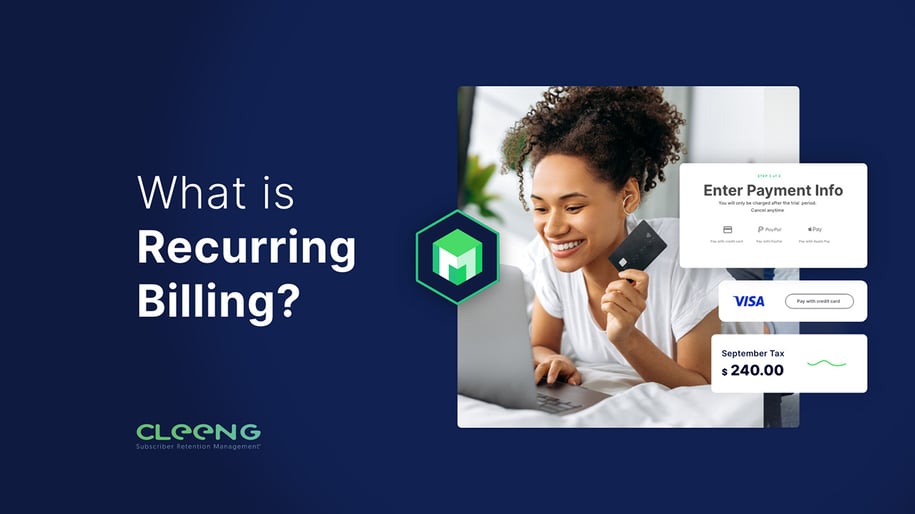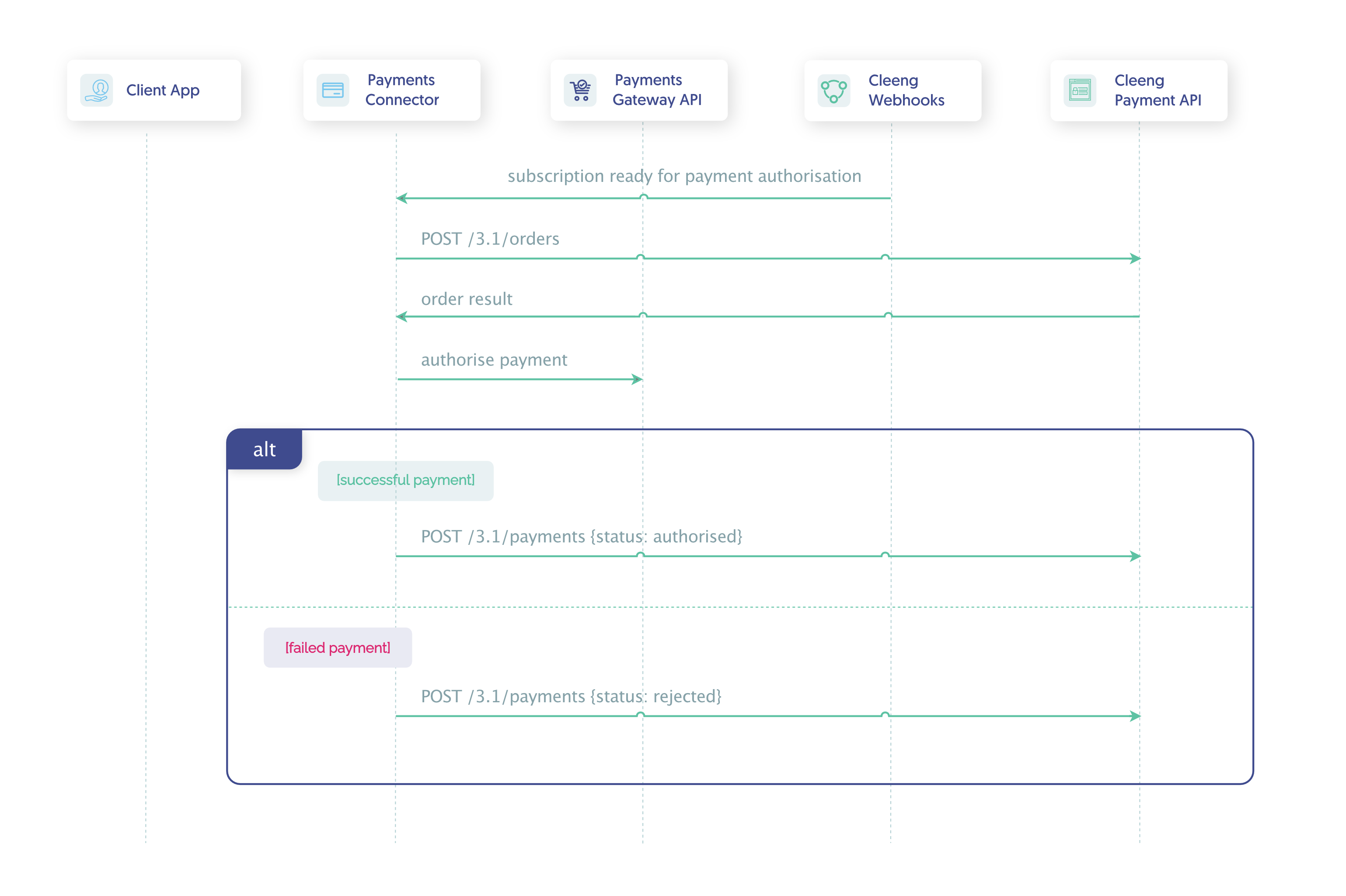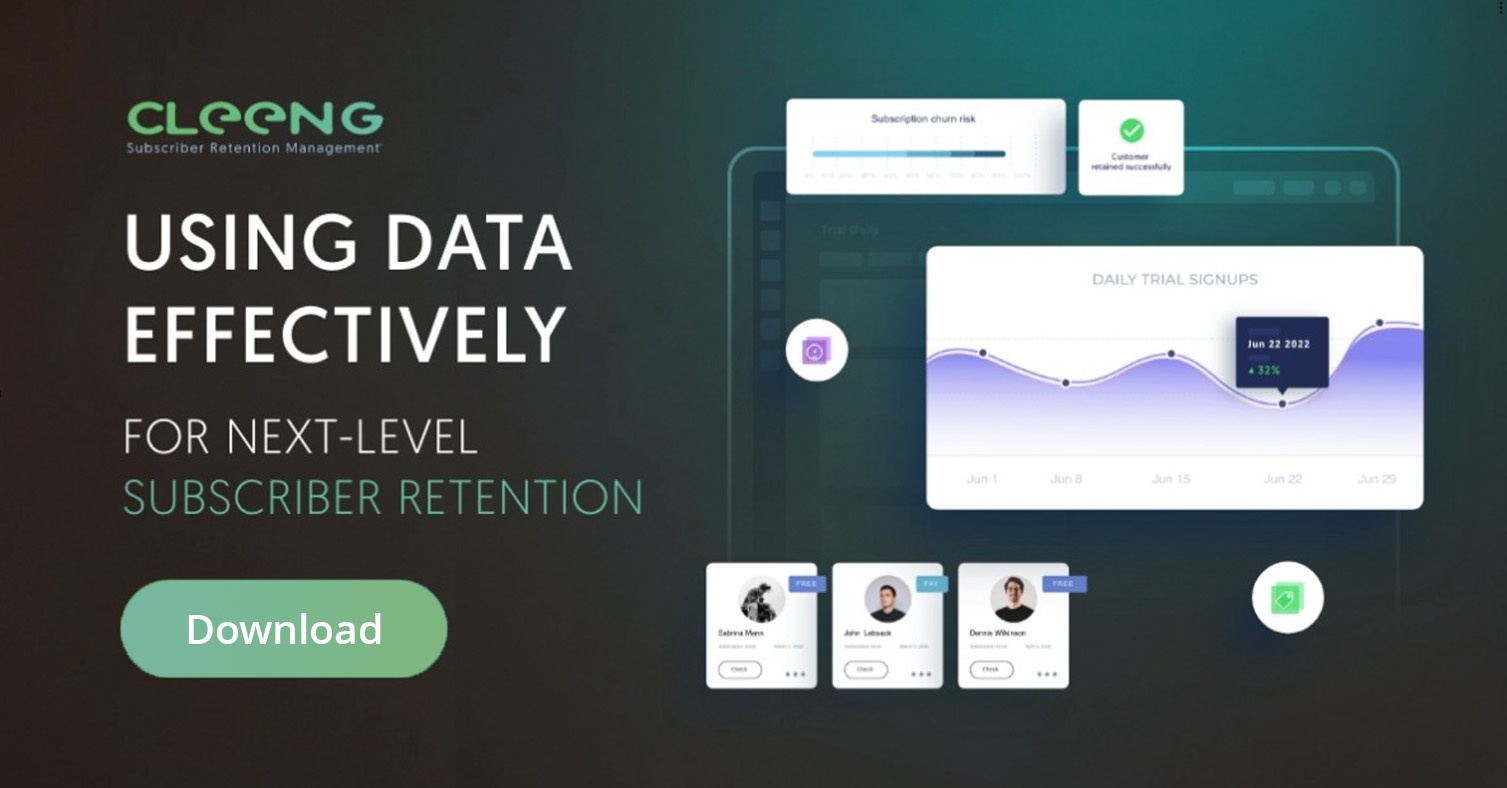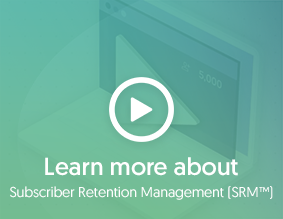
Why focus on recurring billing in a world of growing AVOD and FAST models?
Here’s the reason: The industry still strongly depends on SVOD as a primary form of monetization.
According to a primary survey by Cleeng x Omdia run across video service providers in five highly-developed streaming markets, 88% of broadcasters continue to rely on customer subscriptions as their most prevalent form of monetization.
Furthermore, Digital TV Research expects global SVOD revenues to boost to $127 billion in the next six years.
This makes focusing on SVOD and boosting CLV by controlling churn critical. Lasting customer relations foster consistent revenue streams.
On the other hand, high churn necessitates investing more time and resources to maintain the same revenue level. Now, let’s explore actionable ways by which you can increase CLV with recurring OTT billing.
What is recurring subscription billing?
Recurring subscription billing refers to a monetization model where businesses regularly charge their customers a fee for the continuous delivery of a product or service.
This usually occurs at a monthly, quarterly, semi-annual, or annual frequency.
In this mode, interested customers share their payment information with the merchant and authorize them to deduct charges at agreed frequencies.
For example, magazine subscriptions, grocery subscriptions, and so on.
Why OTT services need recurring subscription billing solutions to grow
As an OTT broadcaster, incorporating recurring subscription billing systems makes an excellent business case.
Avoid the hassle and costs of subscriber re-acquisition
Acquiring new paying customers comes at a cost.
It demands investing time, resources, and effort in marketing and sales. Incurring this cost each time to acquire subscribers shrinks profitability.
However, when the acquired customers are retained, the return on investment in their acquisition cost is multifold, leading to higher profitability. In other words, introducing recurring subscription payments from customers simplifies the whole process.
Beat involuntary churn among forgetful subscribers
Even though they are interested in a service, subscribers sometimes forget to renew their payment methods and can lose access to it.
When that happens, you’re not in control anymore and have no guarantees that they’ll be back.
This is what we call involuntary churn.
Preventing such churn through automated recurring subscriptions provides an attractive opportunity to boost monetization and revenues without extra effort.
|
Recurring subscription billing tools like Merchant allow broadcasters to reduce involuntary churn to a minimum and enable subscribers to manage their subscriptions and payment methods reasonably easily, thus creating a high-quality customer experience.
|
Better ROI planning from predictable cash flow
Introducing a recurring billing cycle ensures significant predictability in the revenue flow.
As a broadcaster, there are several expenses- from content licensing costs to platform operations and maintenance.
A clearly outlined revenue inflow estimation helps to plan expenditures and capital allocation better and ensure improved ROI. This is highly valuable in a volatile and competitive marketplace.
Tap into revenue expansion opportunities
With the help of tiered pricing plans, recurring billing models provide the scope to upsell and cross-sell to existing customers with add-ons.
This ends up elevating customer lifetime value for broadcasters.
In short - recurring billing is the only viable option for subscription-based companies to secure recurring revenue and sustainable growth.
Is there an ideal frequency for recurring billing?
The short answer is no.
There’s no ideal recurring payment frequency.
It may vary weekly, monthly, quarterly, or annually. It entirely depends on the nature of the goods or services offered and what the customers choose to sign up for.
Specifically, monthly, quarterly, and annual plans are popular for OTT subscriptions. However, things can get different for OTT sports platforms. That’s because sports seasonality tends to drive churn.
Once the primary sporting event season ends, people are less compelled to renew monthly subscriptions immediately after or enter into longer-duration subscriptions. The perceived value of the subscription diminishes for the sports fans.
In such a case, an ideal frequency would be to auto-renew at the beginning of the next season.
But is it possible to implement this? Well yes.
This is one unique feature that’s offered by Cleeng - seasonal subscriptions.
With seasonal subscriptions, Sports OTT companies can empower their subscribers to pause subscriptions at the end of the season
with the option to auto-renew at the beginning of the next season.
Learn more about seasonal subscriptions.
How to introduce recurring billing in your pricing plan
This requires following two simple steps.
Step 1: Define your pricing plans
To set up recurring pricing models, you must first define your pricing plans.
- Payment Authorization: In this, you, as a merchant, need to send a payment request to the payment acquirer. For example, this may be a payment gateway like Stripe or PayPal. The acquirer will then request the payment issuer for payments. This implies checking the customer's account for the sufficiency of funds to process the transaction. If funds are available, an authorization hold is made. The customer's credit for the sale amount gets reduced. The issuer receives an authorization code and responds to the merchant with a code for approval or error.
- Payment capture. This is the next step, where the transaction moves out of the pending state. You, as a merchant, receive the money for transactions completed in the previous step.
Sometimes, recurring billing is restricted to a single step of payment capture. However, that's less common. The most efficient way to do the above is by using a robust recurring billing management platform to streamline your process flow and make it efficient and friction-free.
Step 2: Pick a subscription billing software designed for media and broadcasting companies
If you want to integrate a recurring subscription billing model for your OTT streaming services, using an OTT-specialized SaaS platform is always better than using generic solutions. That’s because specialized platforms have features unique to the needs and nuances of the OTT industry. Cleeng has expertise in managing recurring subscription billing for media and entertainment companies.
Makes recurring billing easy with Merchant
Merchant, Cleeng’s payment process and checkout optimization tool, provides authentication, billing, and tax management. It helps you to manage all payments for your subscriber base easily. You can also quickly test different recurring billing pricing plans and leverage customer behavior analytics to optimize your checkout setup.
For setting up recurring billing with it, there are two main ways you can create a connector on Cleeng:
You can manage it yourself, where gateway-specific rules apply to notifications about successful/failed payment attempts or subscription status changes.
- Alternatively, you can introduce Cleeng-Managed Recurring Billing. This is a recurring billing flow that Cleeng manages when an authorization/ capture/ termination is made.
Cleeng supports that in two ways:
- Split, Authorize & Charge Integration: A two-step process covering authorization and capture
- Basic Direct Charge Integration: A one-step capture process without authorization
Here’s a visualization of the payment authorization flow below:

Please note that both these methods require compliance with some basic requirements, including configuring webhooks and setting up dunning actions. After these preliminary steps, the two options have their respective execution steps.
Read More: Step-by-step Guide for implementing Cleeng managed recurring billing.
—
Would you like to get a headstart on SVOD using Cleeng? Talk to our experts and get started.




